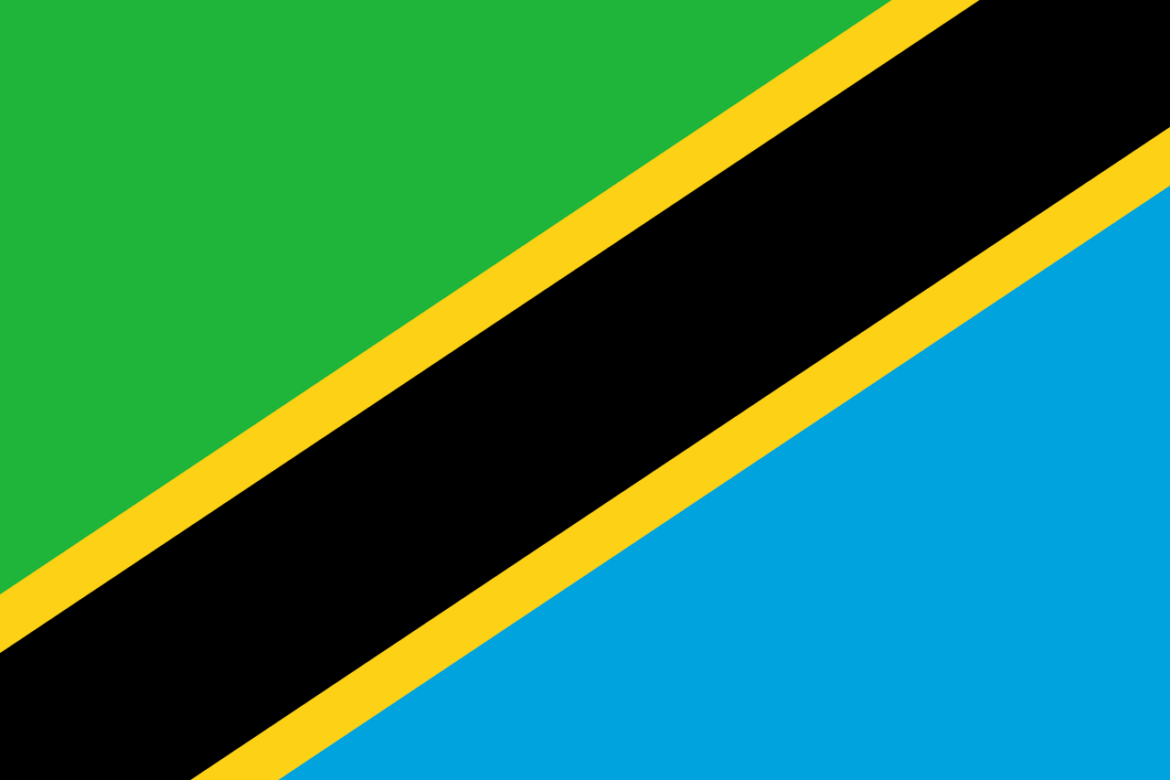Tanzania’s Standard Treatment Guidelines and essential medicines list have been updated following a collaboration between iDSI core partner PRICELESS SA, PATH and the Tanzanian Ministry of Health.
This will help ensure that patients receive appropriate and high quality standardised care at affordable cost, and reduce the provision of inappropriate or unsafe care.
Following a series of workshops and guidance on building capacity in evidence-based medicine, Minister for Health Ummy Mwalimu launched the fifth edition of the National Essential Medicine List for Tanzania (NEMLIT) and revised Standard Treatment Guidelines (STGs).
STGs are systematically developed statements that assist healthcare professionals and prescribers in deciding on appropriate treatments for specific clinical problems.
The collaboration journey began at a workshop held in 2015, where iDSI core partners, HiTAP and PRICELESS SA in collaboration with PATH, paid a scoping visit to Tanzania to explore areas where health technology assessment (HTA) could be introduced to support health resource allocation. Here it was agreed that incorporating a priority-setting process into the NEMLIT revision would be the best place to start establishing a priority-setting mechanism in Tanzania.
A follow up workshop with representatives from the Tanzanian Ministry of Health and Social Welfare was held to identify gaps in technical skills and capacity related to medicine selection processes. Key challenges identified included a lack of understanding of the ongoing role of the NEMLIT or Standard Treatment Guidelines; and a lack of skills and resources to keep them up to date and fit for purpose. In a bid to help tackle these challenges, in 2016 PATH and iDSI (PRICELESS and HITAP) supported the Tanzanian Ministry of Health in facilitating a workshop on National Essential Medicines Lists (NEML), with the aim of fostering capacity strengthening to develop a HTA process.
Once a full draft of the updated NEMLIT and Standard Treatment Guidelines was completed by the secretariat it was reviewed by PRICELESS SA. The new essential medicines list is now more prioritised than before, decreasing from approximately 500 medicines to 400 medicines facilitating rational medicine use.
The support from iDSI to Tanzania ensured that the review of the NEMLIT and Standard Treatment Guidelines was more structured; and incorporated a more systematic, evidence-informed process.
PATH is part of the Access and Delivery Partnership (ADP), an initiative funded by the government of Japan. PRICELESS is part of the International Decision Support Initiative (iDSI) which receives funding support from Bill & Melinda Gates Foundation, the UK Department for International Development, and the Rockefeller Foundation.
